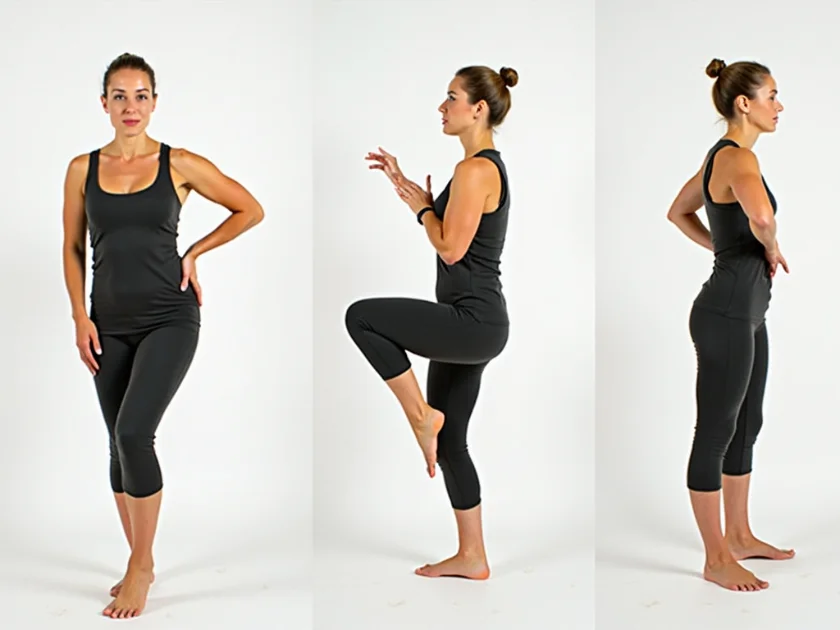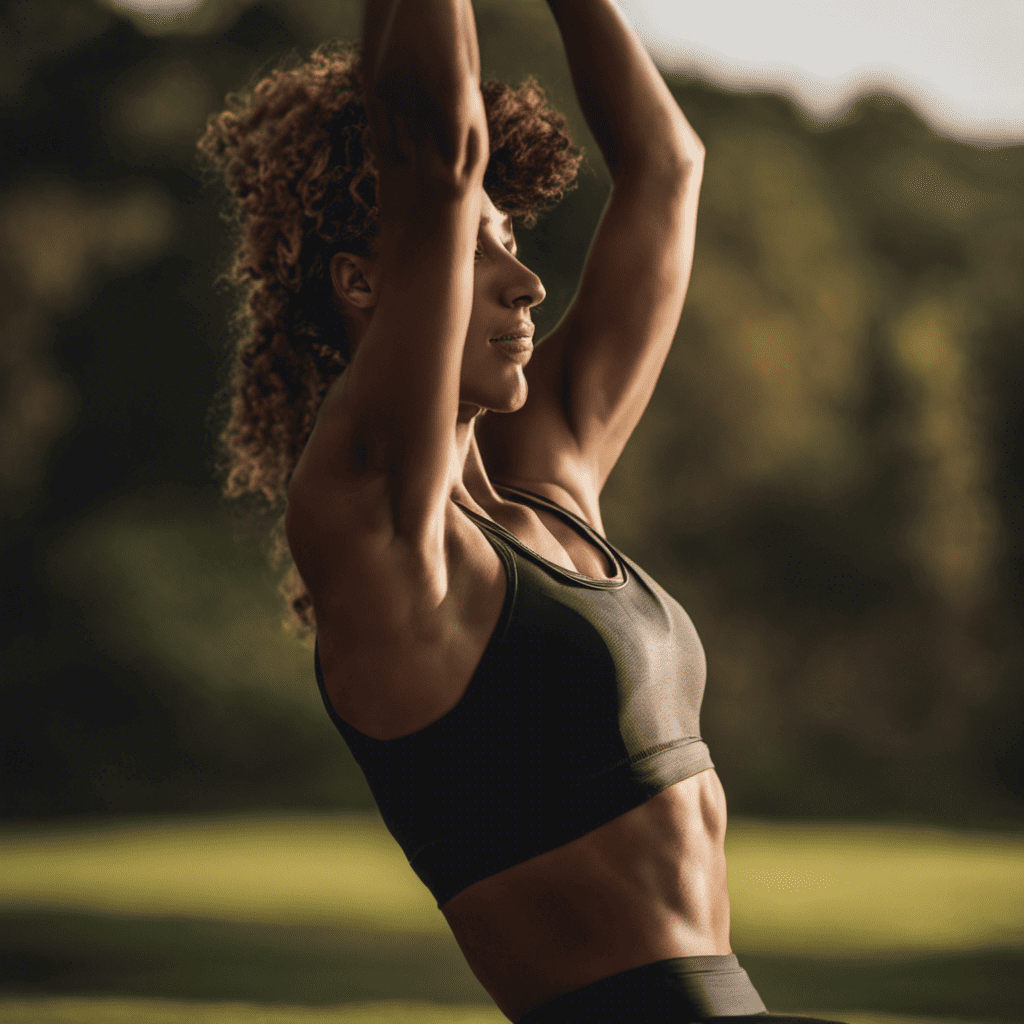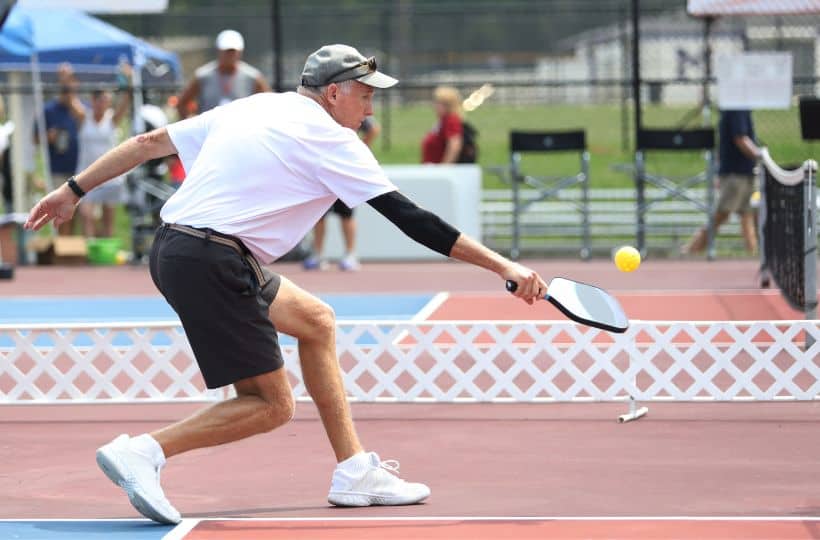It’s an athlete’s instinct to stretch before every contest. Since stretching has long been part of pregame routines, we may do things without knowing their basis, leading us to believe the most common myths about stretching in sports.
Stretching Doesn’t Increase Your Flexibility

Some athletes may look at stretching and think that their sport doesn’t require them to be nimble. While it’s accurate that some sports are less strenuous on your body, increasing flexibility is useful no matter your discipline.
Stretching improves your mobility and decreases passive strain on muscles and fascia; this benefit is not limited to pre- and post-exercise periods. The ability to move about freely and quickly is essential to sports performance and our overall quality of life for preventing a serious injury—although it may take some time to notice your increased flexibility.
Holding a Pose for 30 Seconds Yields the Best Results
Just as there are good and bad fats in the foods you eat every day, there are also good and bad forms of stretching. That is to say that there are various stretches one might do that could hinder their overall performance.
Static stretching tends to negatively impact your abilities in your sport because it reduces the quantity of oxygen accessible in your body. Static stretching raises our cardiac overload, causing certain individuals to overexert themselves. Warming up before you play a pickleball match shouldn’t wear you out before your first serve. Thus, the 30-second rule of holding a stretch in place isn’t always the best course of action.
Stretching Lengthens Muscles

There’s a universal notion that stretching lengthens our muscles. As awesome as it would be to be an elastic superhero, this claim has its faults. Stretching improves your body’s ability to withstand more strain but doesn’t elongate your muscles. We may believe this myth because after stretching, we may finally be able to touch our toes or contort ourselves in a specific way, but our muscles aren’t growing—they are simply learning how to handle the tension better.
You Can Never Stretch Enough
Some folks might turn to stretch-based exercises to lose some weight. As the number on the scale starts to drop, they may begin to ramp up the frequency or intensity of their stretching workout, often overextending themselves in the process. As with any exercise, doing the same workout constantly without letting your body recover will have negative ramifications. If your body aches after every stretching workout, it may be time to tone it down to ensure you don’t miss any playing time.
The most common myths about stretching in sports are like a never-ending game of telephone—once one person mentions a certain belief, they relay it to the next person, and on it goes. But with a better understanding of how stretching affects your body, you can now separate fact from fiction.

Dianne Pajo is a Certified Personal Trainer based out of the Chicagoland area with a passion for music, combat sports, and animals. She enjoys competing in amateur boxing and kickboxing, but in her other leisure time, you can find her performing music around the city. She is also a dog mom of 2.
